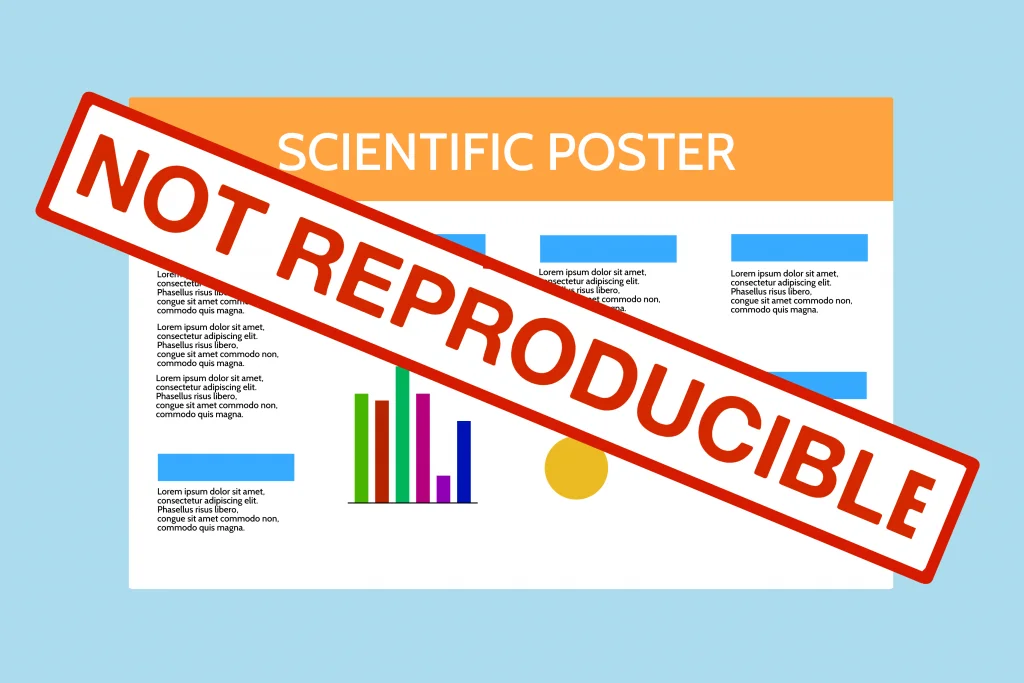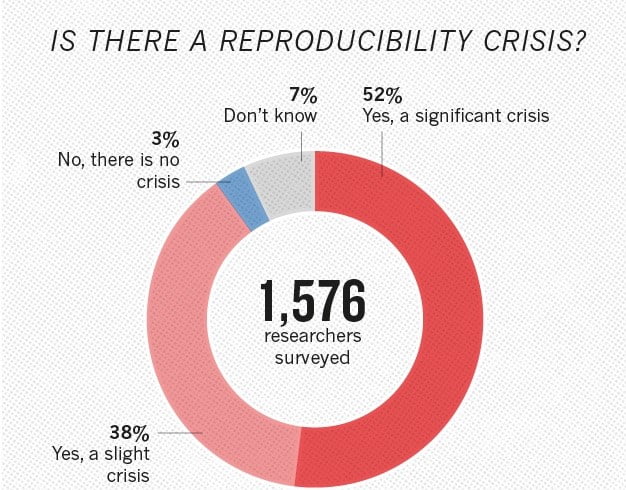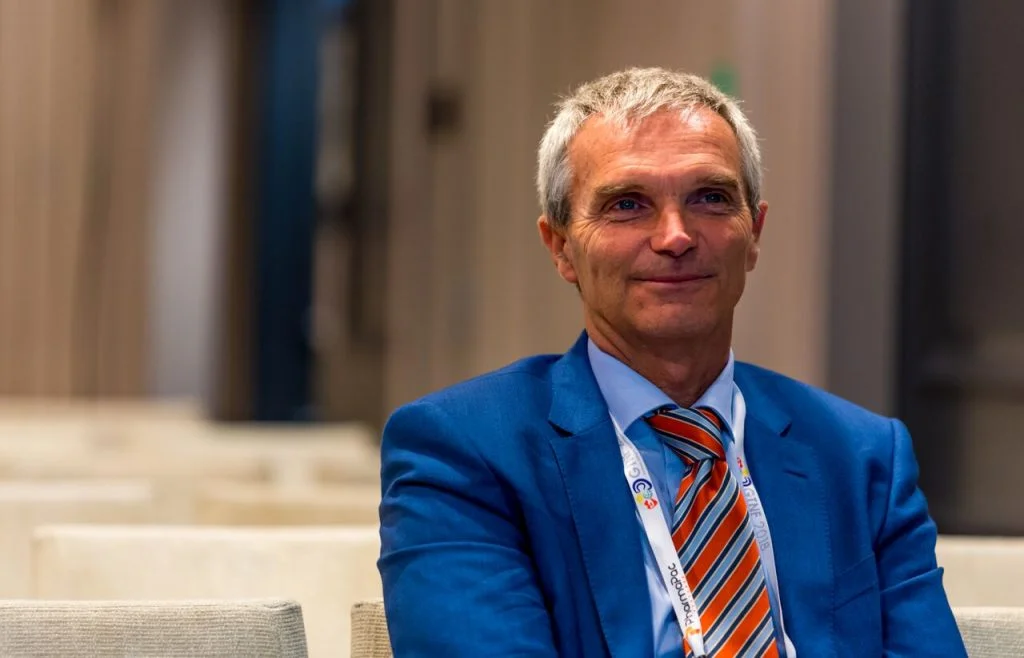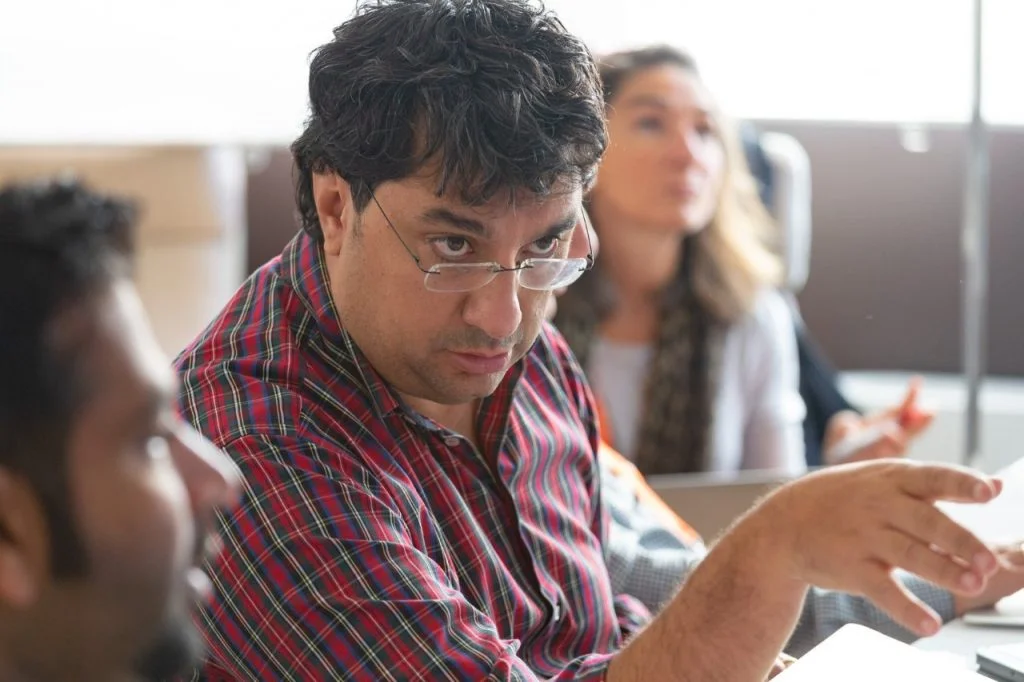Scientific papers that cannot be replicated, and less likely to be true, are cited 153 times more than others because of more appealing contents. Those the astonishing findings of a new study by the University of California San Diego’s Rady School of Management.
The authors Marta Serra-Garcia, assistant professor of economics and strategy at the Rady School and Uri Gneezy, professor of behavioural economics says “We know that experts can predict which papers will be replicated. So we ask why are non-replicable papers accepted for publication in the first place?”
”Interesting or appealing findings are covered more by media or shared on platforms like Twitter, generating a lot of attention, but that does not make them true,” prof. Gneezy added.
According to the research, the reasons behind the trend may be the pressure for journals and journalists to publish interesting findings, and so for the academics.

As the researcher suggests citing the book by S. Richie, Science Fictions: How Fraud, Bias, Negligence, and Hype Undermine the Search for Truth, it may be due to a trade-off by the review team, which are “under pressure to receive grants and publish favours”.
When it comes to Tobacco Harm Reduction the influence of inaccurate papers published in prestigious journals affects the good science and the reliability of scientific data, impacting the lives of millions of smokers.
Confusion and controversial information on the health risks of alternative to combustible tobacco are the main causes for the unreasonable bias by governments and philanthropic foundations.

Rely on “hypes” driven by scientific papers that used exaggerated and inaccurate claims regarding their findings on THR, is a criminal act towards hundreds of millions of smokers who are trying to quit to save their lives.
“Public institutions, either at a national and international level, insists distorting the risk/benefit ratio of the e-cigarettes and related combustion-free alternatives of combustible cigarettes”- remarks Prof. Riccardo Polosa, founder of the Center of Excellence for the Acceleration of Harm Reduction (CoEHAR) and the most prolific scientist worldwide in the field of e-cigarettes.

“This problem can be easily resolved by establishing sound technical research protocols that mimic the normal condition of use and collaborative international networks sharing research projects using the same protocols. When the findings are consistently reproduced in different laboratories using the same protocol, there won’t be any doubt about the quality of the research. This is what the world is needing right now,” he added.
This is why the Center of Excellence for the Acceleration of Harm Reduction (CoEHAR) of the University of Catania put the innovation, peer-review research, and globalization of ideas on THR at the core of its actions.
Within the CoEHAR consortium, the REPLICA project intends to replicate the most relevant research available internationally on e-cigarettes and provide the scientific community with studies based on strong and reliable data for their findings. Thanks to a network of five academic laboratories in Indonesia, Oman, Russia, Serbia, Greece, and the U.S CoEHAR lab act as the central hub that coordinates the research on the ground.
“We are witnessing a Replication crisis because these kind of studies are not very common. They do not attract funding and lack in terms of prestige for the scientists who perform the research. Plus, replication studies are very difficult to carry out, especially in terms of coordination of protocols and harmonization of the research carried out” says Prof. Giovanni Li Volti, director of CoEHAR and project leader of REPLICA.
“As REPLICA our main goal is either to confirm or reject studies that come out from the laboratories of the tobacco industries and that could have bias or conflict of interest towards the electronic cigarettes. Then we provide – besides our findings – the raw data to the international scientific community to share and improve our common knowledge on this field”

CoEHAR has been for years on the front line to curb the spread of fake news, particularly for what concern the scientific data available on the effectiveness of e-cigarettes as a smoking cessation tool.
“As for the Replication crisis, the Tobacco Harm Reduction scientists are suffering from lack of communication. The whole community of scientists should come out of their ivory tower and start discussing their results with society. We are losing the battle against smoking mainly because we cannot explain our research” Prof. Li Volti added.





